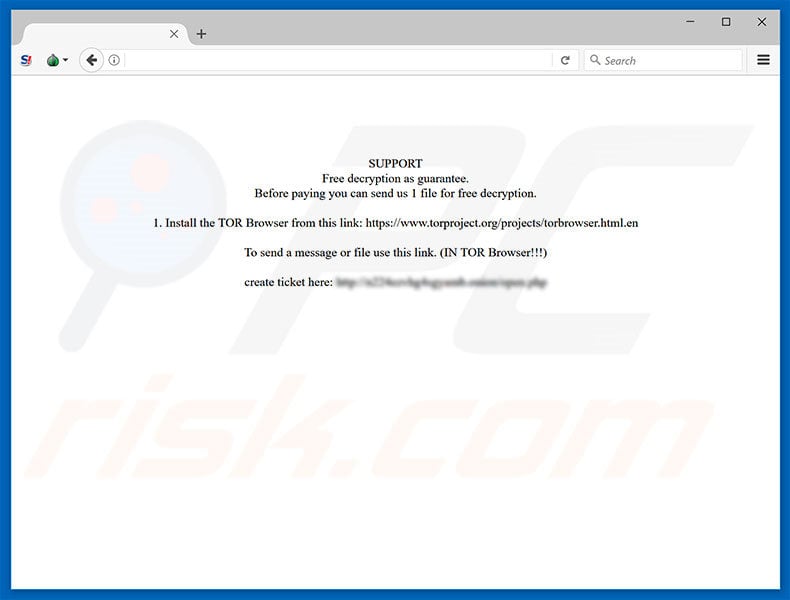


Tor, after all, doesn't just let users hide their identities from the sites they visit, anonymously buying drugs on the Silk Road or uploading leaked documents to news sites through the leak platform SecureDrop.
:no_upscale()/cdn.vox-cdn.com/uploads/chorus_asset/file/19737035/Screen_Shot_2020_02_21_at_1.56.17_PM.png)
"You get around the censorship and local adversarial surveillance, and it adds another layer of security on top of your connection." "No, you’re not anonymous to Facebook when you log in, but this provides a huge benefit for users who want security and privacy," says Runa Sandvik, a former Tor developer who Facebook credits with advising the project in a blog post. But even so, Tor users on Facebook can now protect their identities from every other online snoop that would want to unmask them. Inviting users to connect to Facebook over Tor may seem like a strange move given that Facebook still requires you to log in and doesn't allow pseudonyms ( in most cases), even Tor users on the site are hardly anonymous to Facebook itself. That new site, which can only be accessed by users running the Tor software, bounces users' connections through three extra encrypted hops to random computers around the Internet, making it far harder for any network spy observing that traffic to trace their origin. In a first-of-its-kind move for a Silicon Valley giant, Facebook on Friday launched a Tor hidden service, a version of its website that runs the anonymity software Tor. But now the world's least anonymous website has just joined the Web's most anonymous network. Facebook has never had much of a reputation for letting users hide their identities online.


 0 kommentar(er)
0 kommentar(er)
